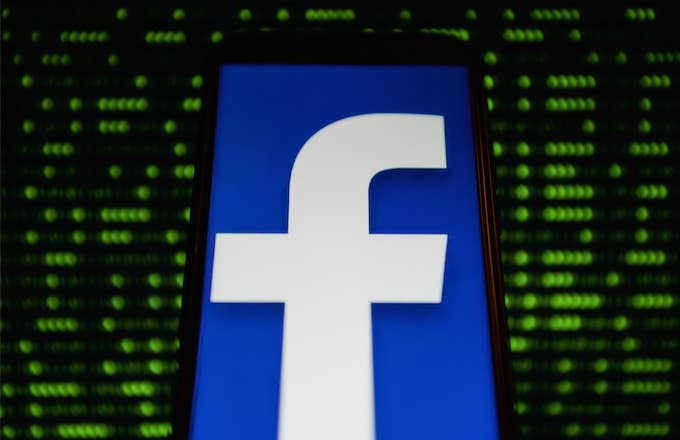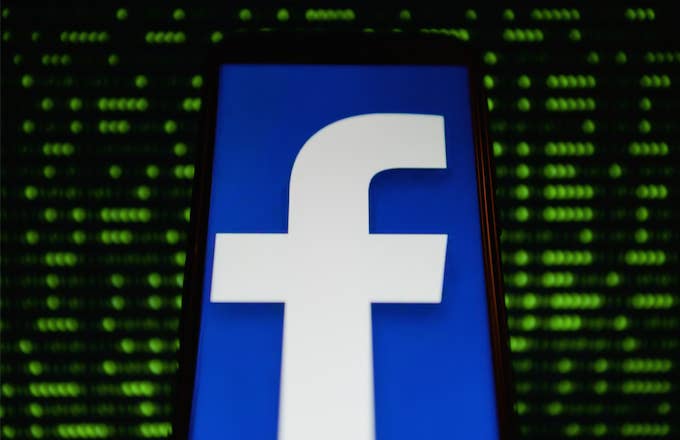
Another day, another Facebook security scandal.
According to the BBC, cyber criminals stole the private Facebook messages from more than 81,000 accounts, and subsequently published the data as part of a sales pitch. The outlet reports the unidentified hackers claim to have obtained personal exchanges—such as intimate correspondences between lovers—from about 120 million profiles; however, the BBC states "there are reasons to be skeptical about that figure."
The apparent hack was discovered back in September, when a user named FBSaler posted a since-deleted ad that offered to sell the data for 10 cents per account. British cyber-security company Digital Shadows confirmed that personal information from 257,000 Facebook accounts were posted online; 81,000 of those published profiles contained private messages.
Facebook insists it was not responsible for the leaks, as the data was apparently obtained after users downloaded a malicious browser extension that allowed hackers to steal the information.
"We have contacted browser-makers to ensure that known malicious extensions are no longer available to download in their stores," Facebook's VP of Product Management Guy Rosen told the BBC. "We have also contacted law enforcement and have worked with local authorities to remove the website that displayed information from Facebook accounts."
Most of the affected profiles were based in the Ukraine and Russia; however, it was discovered that users in the U.S. U.K., and Brazil were also compromised.
The BBC Russian Service reached out to five Russian users who were apparently affected; those individuals confirmed the published messages were theirs. The service also contacted the hackers by posing as a potential buyer. When asked if the hack was connected to the Cambridge Analytica scandal, the respondent simply said "No."
On Friday, The Intercept published a report that revealed Facebook was still allowing advertisers to target users who were interested in "white genocide"; you know, that neo-Nazi conspiracy theory that claims white dominance is in danger. Well, the publication claims it was able to purchase promotions that targeted 168,000 users "who have expressed an interest or like pages related to White genocide conspiracy theory."
The Intercept said it contacted Facebook shortly after the ads were approved; the social network apologized for the move and deleted the targeting category.
The report is particularly alarming, as it was published less than two weeks after a gunman opened fire in Pittsburgh synagogue, killing 11 people. The assailant Robert Bowers reportedly entered the Tree of Life Synagogue yelling, "all Jews must die." He is now facing federal hate-crime charges, including 11 counts of murder.

